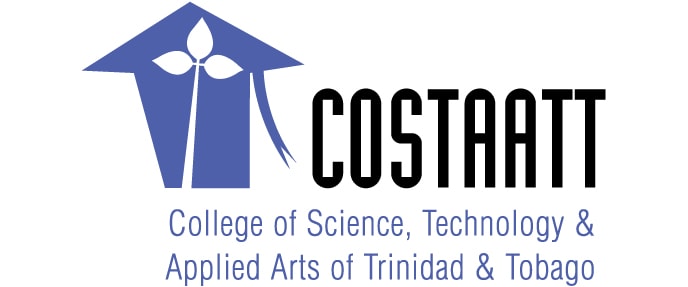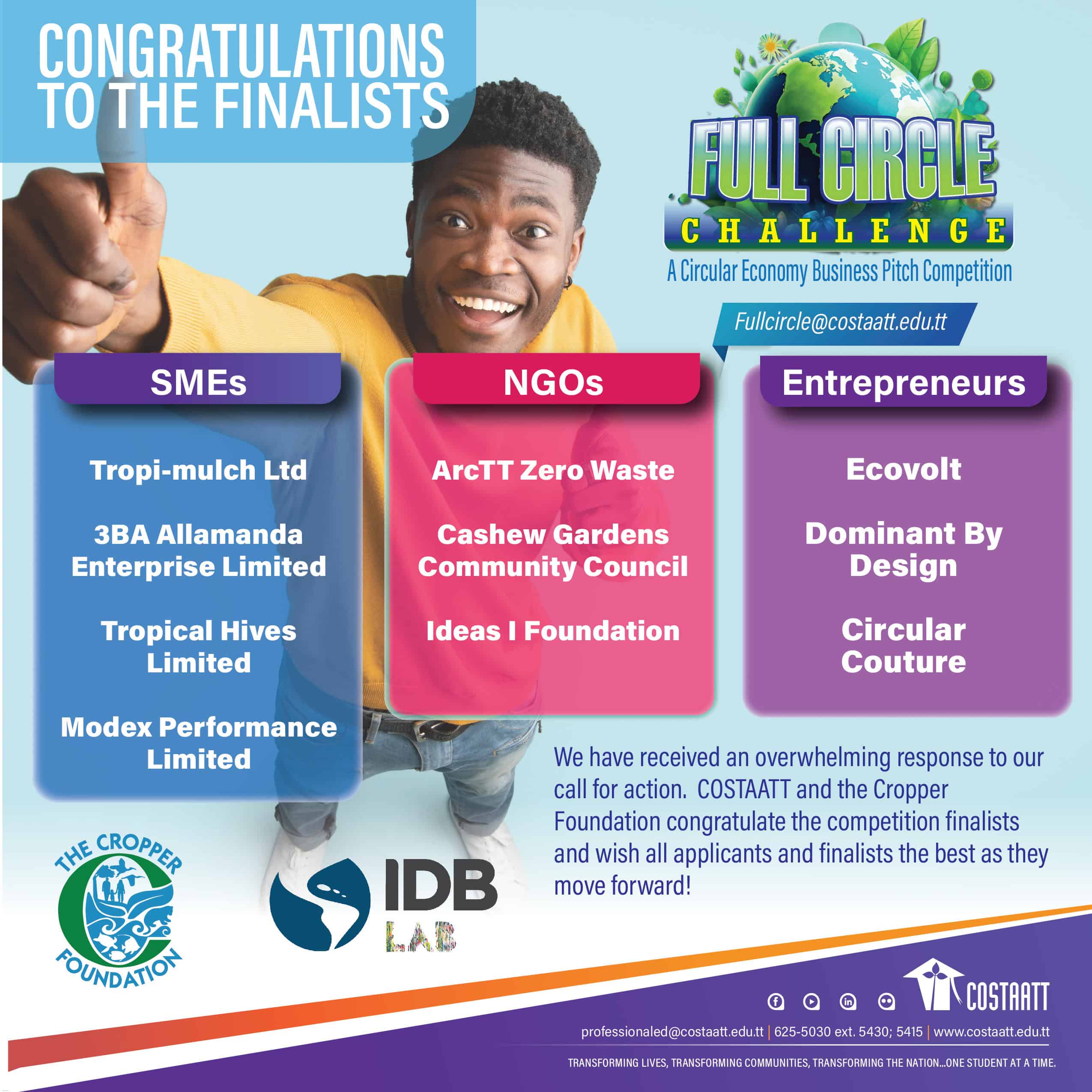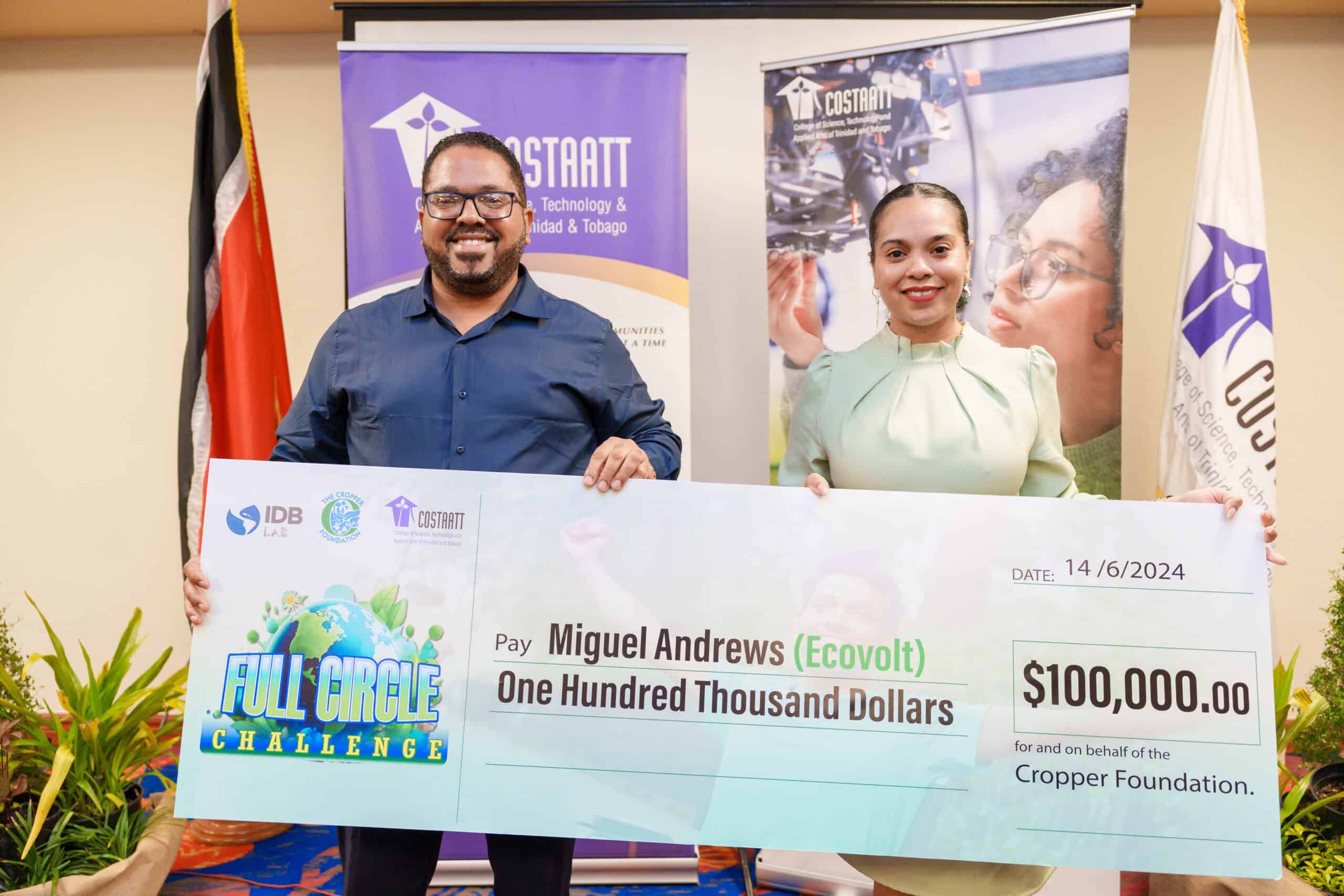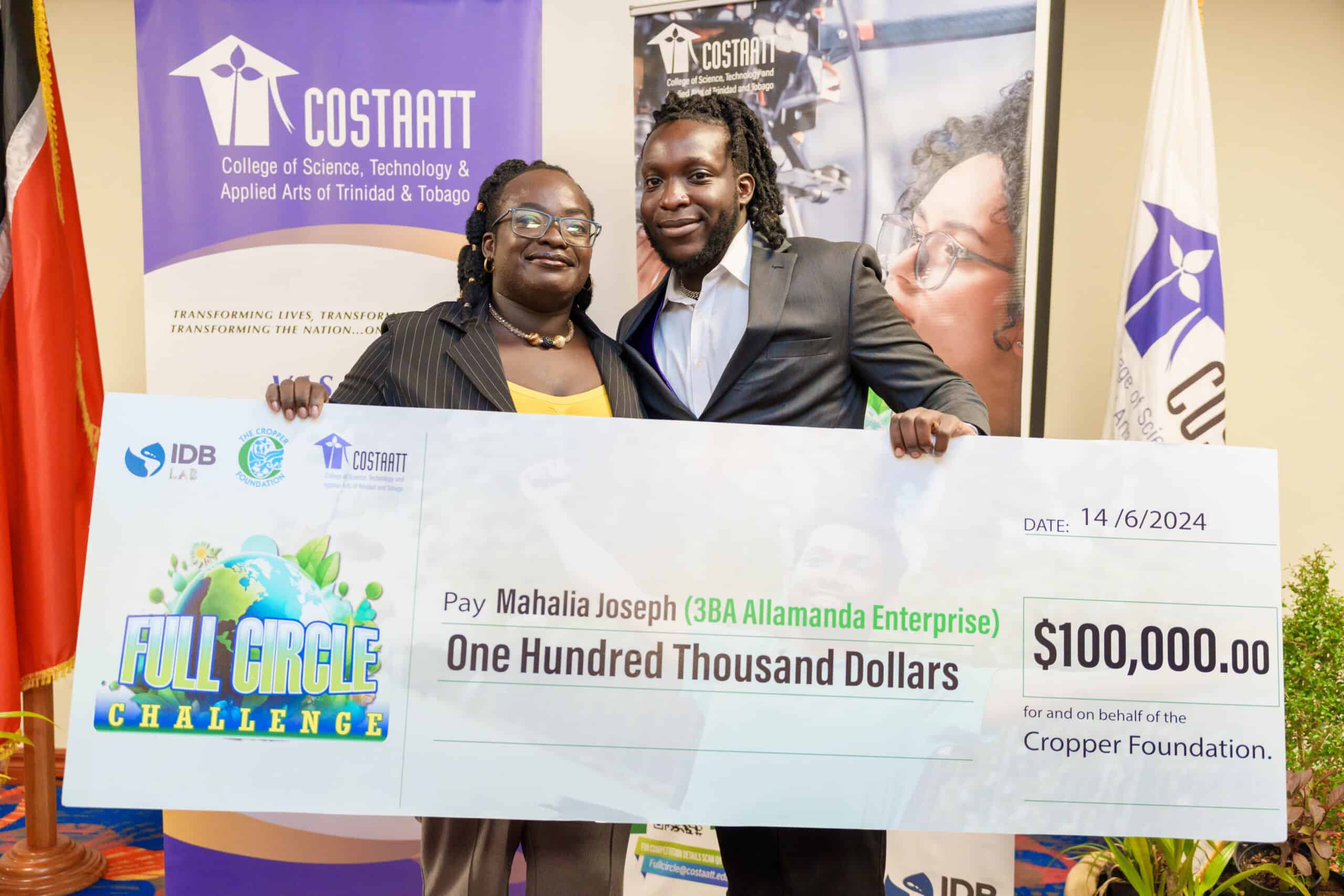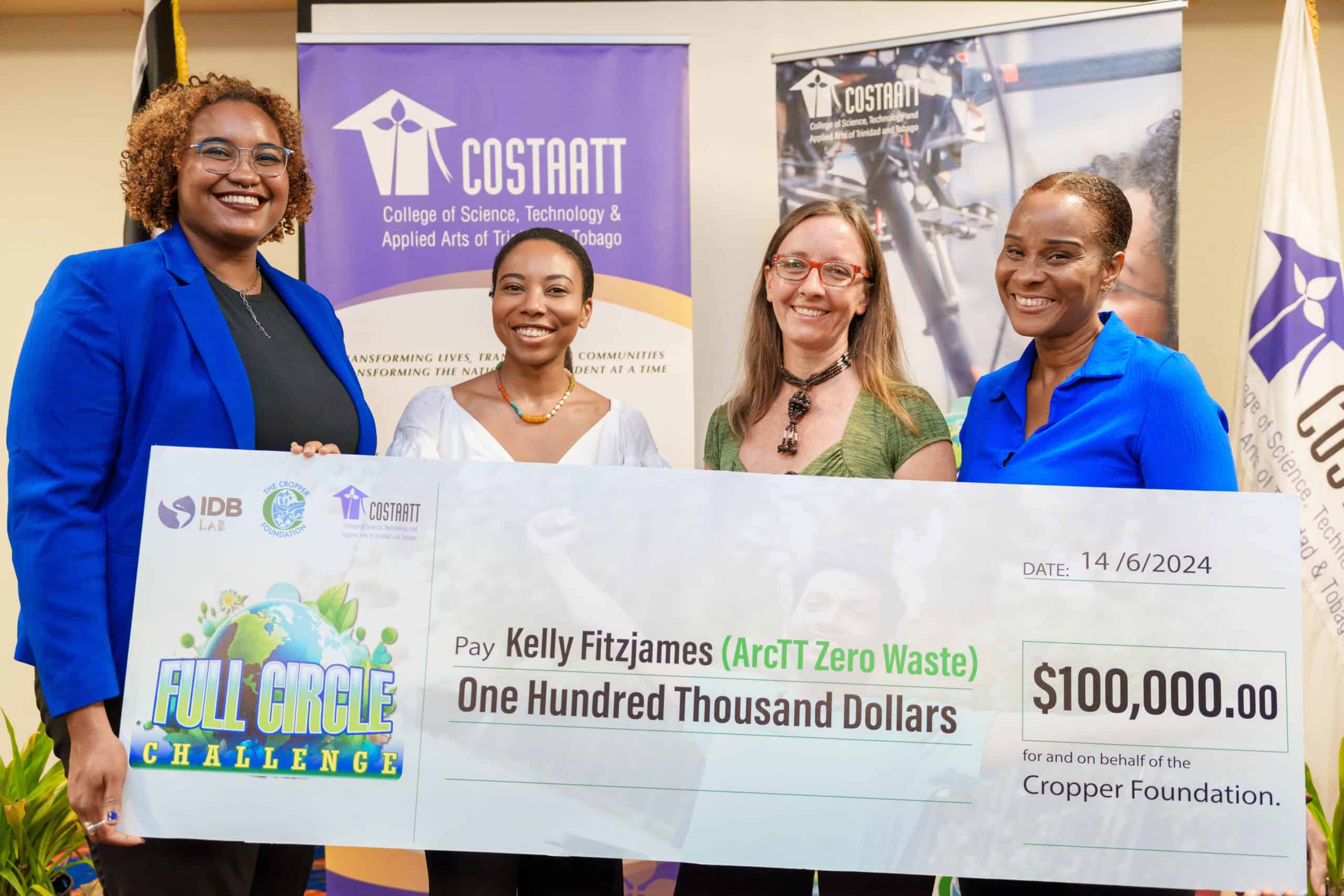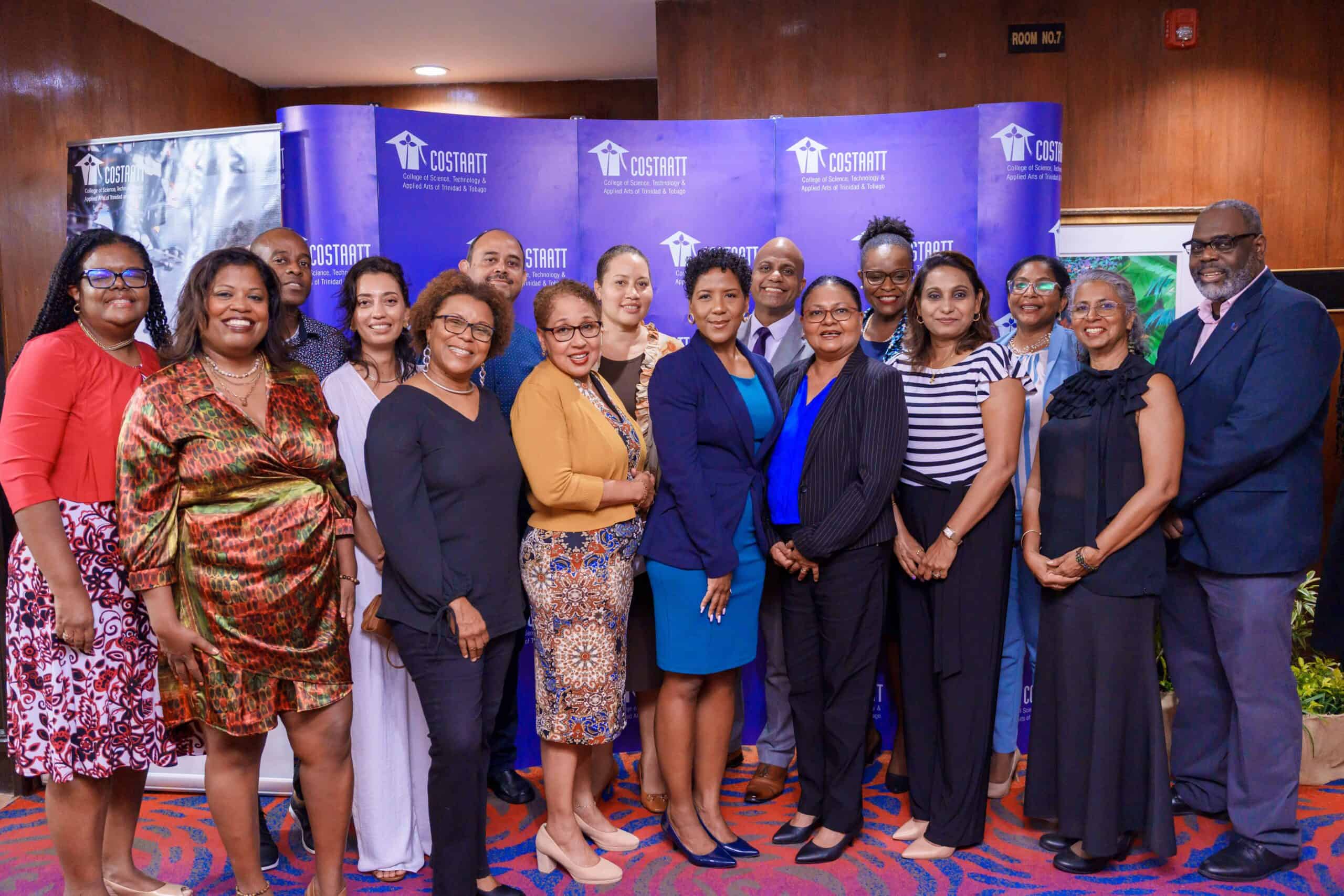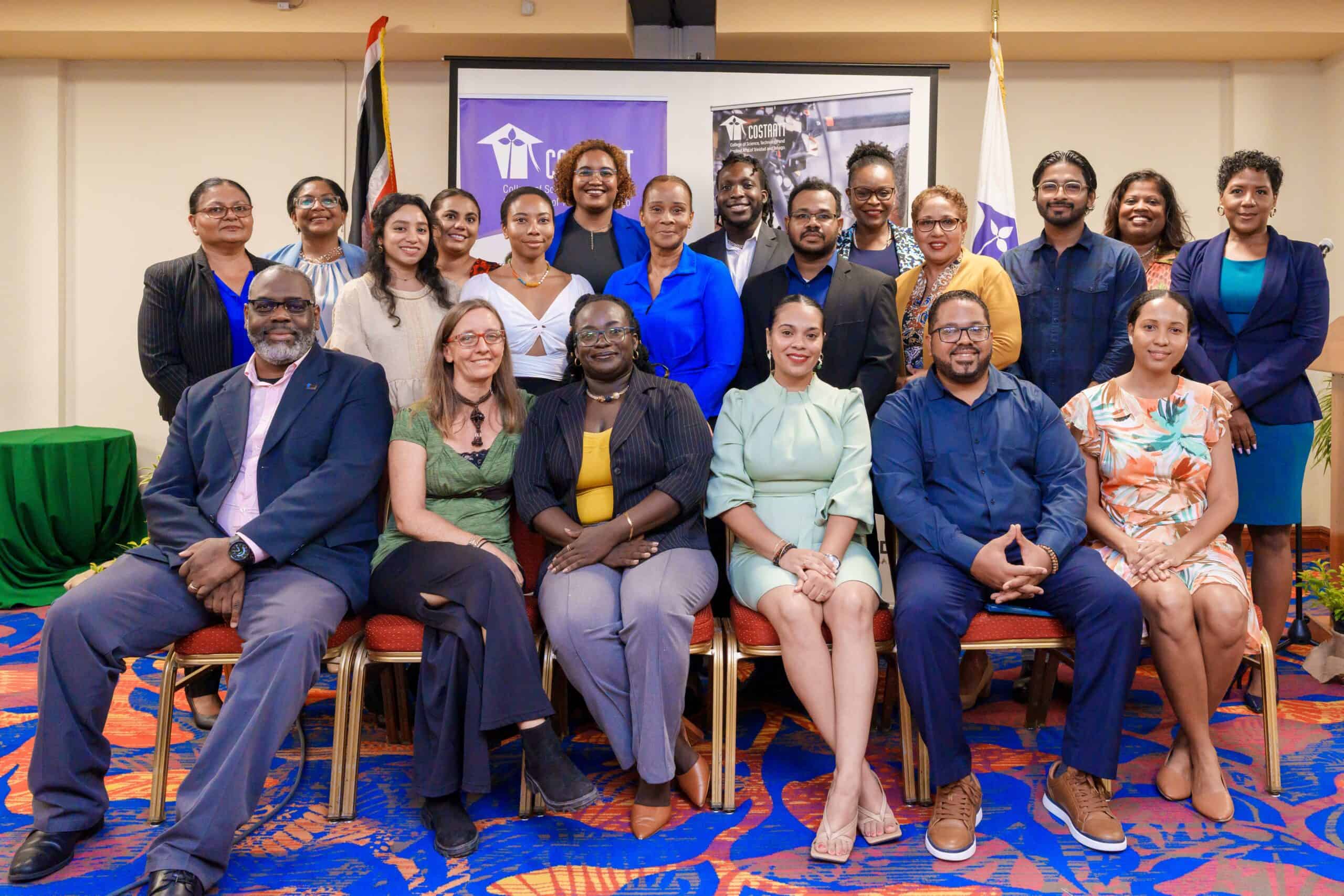Full-Circle Challenge – Circular Economy Business Pitch Competition
Welcome to the Future of Sustainable Innovation!
About the Competition
The Cropper Foundation partnered with COSTAATT under the Inter-American Development Bank Innovation Lab (IDB-Lab) funded project “Catalysing and Connecting the Circular Economy” to support Circular Economy businesses. The partnership saw COSTAATT lead The Circular Economy Road Map Report, Mentorship and Business Pitch Competition through August 2024.
This groundbreaking event aimed to unearth and support the brightest ideas contributing to a regenerative and restorative economy.
Why Circular Economy?
The traditional linear economy model of “take, make, dispose” is no longer sustainable. A circular economy, on the other hand, promotes the principles of reducing waste, reusing resources, and recycling materials to create a closed-loop system. This innovative approach helps conserve our planet’s resources and fosters economic growth.
Prizes
- Three (3) TT$100,000 prizes
- Two (2) TT$20,000 prizes
Winners of the Full-Circle Challenge
The College of Science, Technology and Applied Arts of Trinidad and Tobago (COSTAATT), in collaboration with the Cropper Foundation and IDB-Lab, announced the winners of the Full Circle Challenge, a competition designed to empower innovative sustainable businesses.
- Ecovolt (Young Entrepreneur Category): This social enterprise impressed with its wastewater-powered fuel cell technology, offering a sustainable solution for local waste management by extracting energy and valuable products from wastewater.
- 3BA Allamanda Enterprise Limited (Small and Medium Enterprise Category): Their business concept focuses on creating batteries from sand and discarded household appliances, potentially revolutionising the renewable energy sector through efficient and eco-friendly energy storage systems.
- Alliance of Rural Communities of Trinidad and Tobago (ARCTT) (Non-Governmental Organisation Category): ARCTT’s Zero Waste Café and Shop initiative is a community space that empowers local circular economy producers while offering a platform for eco-conscious customers to learn about and enjoy sustainable products and food.
The Full Circle Challenge exemplified COSTAATT’s commitment to fostering a more sustainable future in Trinidad and Tobago by supporting innovative green businesses and paving the way for a more circular economy.
How to Get Involved
Sponsors: Support the next wave of sustainable innovations by becoming a sponsor. Contact the Marketing and Public Relations Department at COSTAATT to learn how you can support.
Audience: Attend future events to witness ground-breaking pitches and be inspired by the future of circular economy businesses.
Learn More
The Circular economy is an exciting change related to existing business and consumption models. Please use the following links to start learning more about the Circular Economy.
